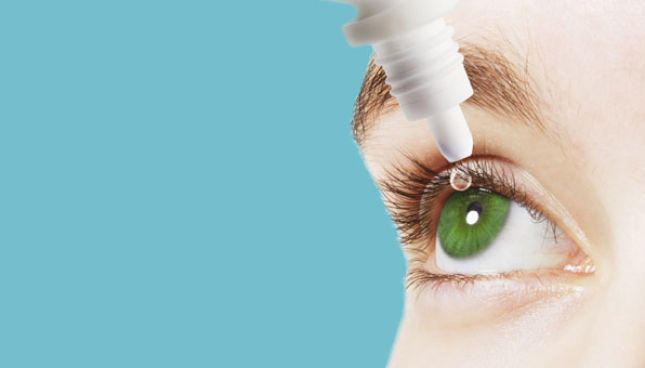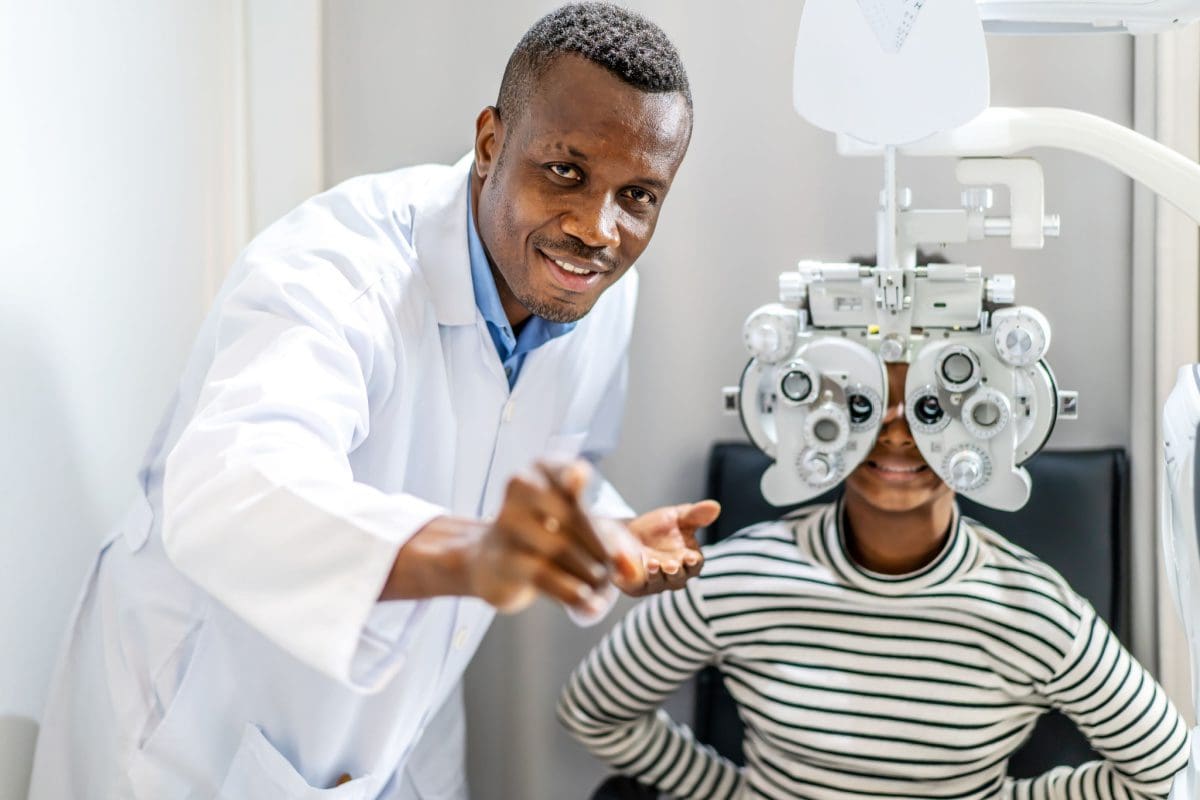Eye Facility in Andalusia: Premier Providers for Vision Treatment
Eye Facility in Andalusia: Premier Providers for Vision Treatment
Blog Article
Is Refractive Surgical Procedure Right for You? Factors to Think About for Better Eyecare
In the realm of eye treatment, the choice to undertake refractive surgical procedure is a weighty one that demands thoughtful factor to consider. From the intricacies of one's eye wellness to the intricacies of daily routines and individual assumptions, each facet holds relevance in the wider landscape of refractive surgical procedure candidateship.
Eye Health Evaluation
When considering refractive surgery, a comprehensive eye wellness evaluation is essential to assess the viability of the treatment for each person. cardiologist andalusia. This analysis entails a collection of evaluations and tests carried out by an eye treatment expert to identify the total health and wellness of the eyes, the presence of any kind of hidden conditions, and the security of the refractive error
Throughout the assessment, numerous aspects are thought about, such as the person's medical background, present eye prescription, corneal density, pupil dimension, and tear film top quality. These evaluations aid to determine any kind of contraindications to refractive surgical treatment, such as corneal problems, cataracts, or without treatment eye infections. In addition, the examination assists to take care of client assumptions regarding the prospective end results of the surgical procedure based on their unique eye characteristics.
Ultimately, the eye wellness examination is necessary in ensuring the safety and performance of refractive surgery, as it offers important understandings right into the individual's eye health and wellness status and helps establish the most appropriate treatment alternatives for accomplishing ideal aesthetic results. (neurologist andalusia)
Lifestyle Assessment
A comprehensive way of life analysis is integral in determining the viability of refractive surgical procedure for a person's aesthetic adjustment needs. Way of living aspects such as profession, pastimes, and day-to-day tasks play a crucial function in the decision-making process relating to refractive surgical treatment. For example, individuals with careers that include a high degree of exercise or exposure to environmental aspects may have different visual needs contrasted to those with inactive workdesk tasks. Recognizing exactly how a person's way of living might impact their vision post-surgery is essential for taking care of expectations and ensuring optimum end results.
Moreover, way of living practices such as sporting activities engagement, outdoor activities, and even skin care routines can affect the healing procedure and total success of refractive surgical treatment. People who engage in get in touch with sporting activities might require to take added precautions to shield their eyes during the recuperation duration. In addition, people with extensive sun exposure may call for extra post-operative treatment to prevent complications. By performing a detailed way of living analysis, eye treatment experts can customize their recommendations and treatment plans to satisfy the special requirements of each individual, inevitably bring about boosted aesthetic end results and fulfillment.
Assumption Positioning

Patients need to understand that while numerous people achieve 20/20 vision or much better adhering to refractive surgery, some might still require glasses for certain tasks like analysis or driving at night. Taking care of these expectations helps stop dissatisfaction and frustration post-surgery, leading to a more positive general experience for the person.
Risk Analysis

Elements that might increase the danger of complications consist of age, certain clinical problems like autoimmune diseases, unsteady vision prescription, slim corneas, and unrealistic client assumptions. Additionally, picking a experienced and knowledgeable doctor, following pre and post-operative care guidelines diligently, and revealing any type of pertinent clinical history can help alleviate threats.
To decrease the likelihood of complications, ophthalmologists carry out complete pre-operative analyses to identify any contraindications to surgical treatment. They likewise go over the possible dangers and advantages with people during the examination process. By participating in open communication and shared decision-making, both the ophthalmologist and the individual can collaborate to figure out if refractive surgery is the best option based upon private danger profiles and preferred outcomes.
Assessment Importance
Thinking about the important function of notified decision-making in evaluating risks and potential difficulties in refractive surgical procedure, the appointment procedure holds considerable significance in directing patients in the direction of ideal results. During the appointment, the eye doctor examines the individual's eye health, refractive mistakes, and general suitability for surgery. This first evaluation is essential in figuring out the most ideal procedure for each person, taking into consideration factors such as corneal density, pupil dimension, and existing eye conditions.
In addition, the examination functions as a possibility for clients to review their expectations, problems, and any type of questions they might have concerning the surgery. Clear interaction in between the individual and the surgeon is necessary to guarantee practical expectations and a comprehensive understanding of the possible risks and benefits entailed.
Additionally, the examination permits the cosmetic surgeon to describe the different surgical choices available, their respective results, and the post-operative treatment required. This extensive conversation encourages clients to make educated choices about their eye care, causing far better satisfaction and results post-surgery.
Verdict
Finally, individuals thinking about refractive surgical procedure should undergo a detailed eye health and wellness examination, analyze their way of living behaviors, align their expectations with potential outcomes, evaluate the connected dangers, and focus on examinations with eye treatment specialists. These variables play a crucial duty in identifying the suitability of refractive surgical page treatment for every individual, making sure optimal outcomes and complete satisfaction with the procedure.
Clients considering refractive surgery often have high assumptions pertaining to the end results, anticipating best vision without the requirement for glasses or contact lenses. While refractive surgery can greatly boost vision and minimize reliance on visual help, it is essential for patients to recognize that results may differ based navigate here on specific variables such as the degree of refractive error, corneal thickness, and general eye health.
By involving in open interaction and shared decision-making, both the patient and the eye doctor can function together to figure out if refractive surgical procedure is the appropriate selection based on private risk accounts and desired end results.
Taking into consideration the vital function of educated decision-making in examining risks and prospective problems in refractive surgical procedure, the examination process holds considerable importance in directing people towards optimum results. Throughout the consultation, the eye doctor evaluates the individual's eye wellness, refractive errors, and general viability for surgery.
Report this page